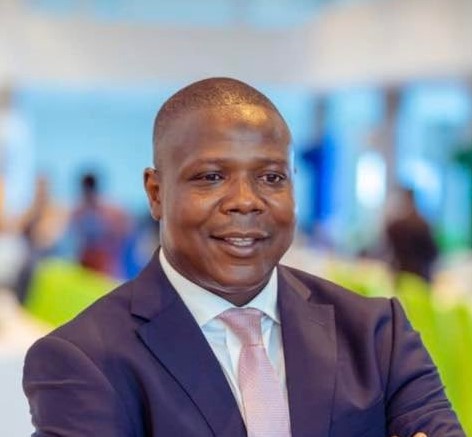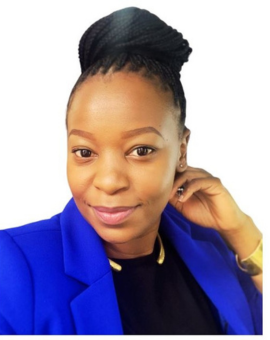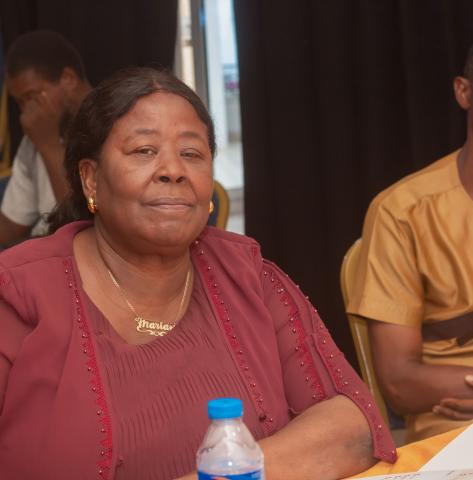
From diagnosis to dialogue, data to action: SoD training empowers Sierra Leone’s democracy stakeholders
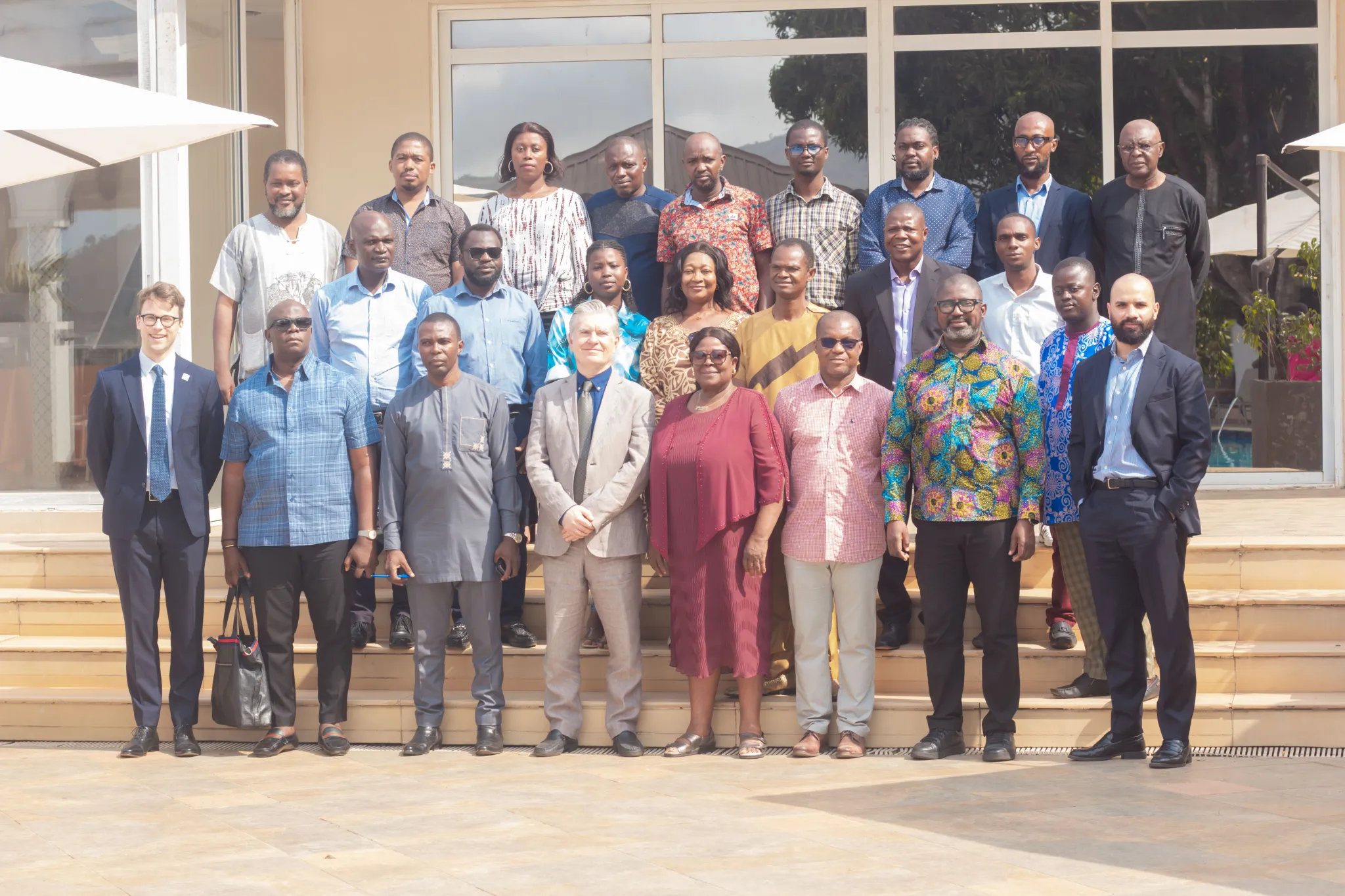
Titled the ‘Sierra Leone Democracy Strengthening Project (SLDSP)’, it seeks to support the conditions for credible and inclusive elections in 2023 and the political processes thereafter. As part of this broad objective, International IDEA is supporting one of its project partners, the National Commission for Democracy (NCD), to conduct its second-generation National State of Democracy (NSoD) through technical support from International IDEA’s Democracy Assessment (DA) team in Stockholm.
In line with the programme of activities outlined for the NSoD Assessment International IDEA conducted a two-day methodology training session on 2, and 3 April for Institute for Governance Reforms (IGR) — the consultancy firm hired for the field data collection in support of the NSoD study — and staff of NCD on the State of Democracy (SoD) assessment framework.
The framework, which has been in existence for 25 years, is founded on the democratic principle of popular control and political equality. It is flexible and can be used as a whole, in part, or targeted at specific thematic priority areas and is universally applicable in any democracy, regardless of its level of development. The SoD assessment framework training was led by the DA team in Stockholm and was designed to capacitate both the data collection firm and staff of the NCD to understand the methodology and use it effectively for data collection.

During the opening session, NCD made a rallying call to all participants through its chairperson, Madam Marian A. Samu. She noted that each focus group interview, discussion, data analysis, questions asked and each story documented is a brick in the foundation of a more inclusive democracy and that the spirit of the 1996 Act should be honoured by ensuring that the assessment transcends academia and sparks tangible change that moves from diagnosis to dialogue, from data to action.
She noted that the training marks a critical step in NCD’s collective journey to deepen democratic governance, fostering national cohesion and ensuring that Sierra Leone governance structures remain transparent, inclusive and accountable to the people. “For three decades, NCD has been at the forefront of fostering civic awareness, mediating political tensions and advocating for participatory governance and that their work is not merely a duty but a covenant with the people of Sierra Leone to safeguard their right to shape their democracy, because they are aware that democracy is not a destination but a continuous process,” she added.
She asserted that the fifth election cycle, post the civil war, that took place the 2023, revealed both progress and persistent gaps in Sierra Leone’s democratic fabric.
She further noted that political polarisation, institutional fragility, youth disenfranchisement and public distrust are some of the challenges faced in the quest to have a healthy democracy. She emphasized that SoD assessment serves not only as a diagnostic tool but also as a catalyst for a national conversation.
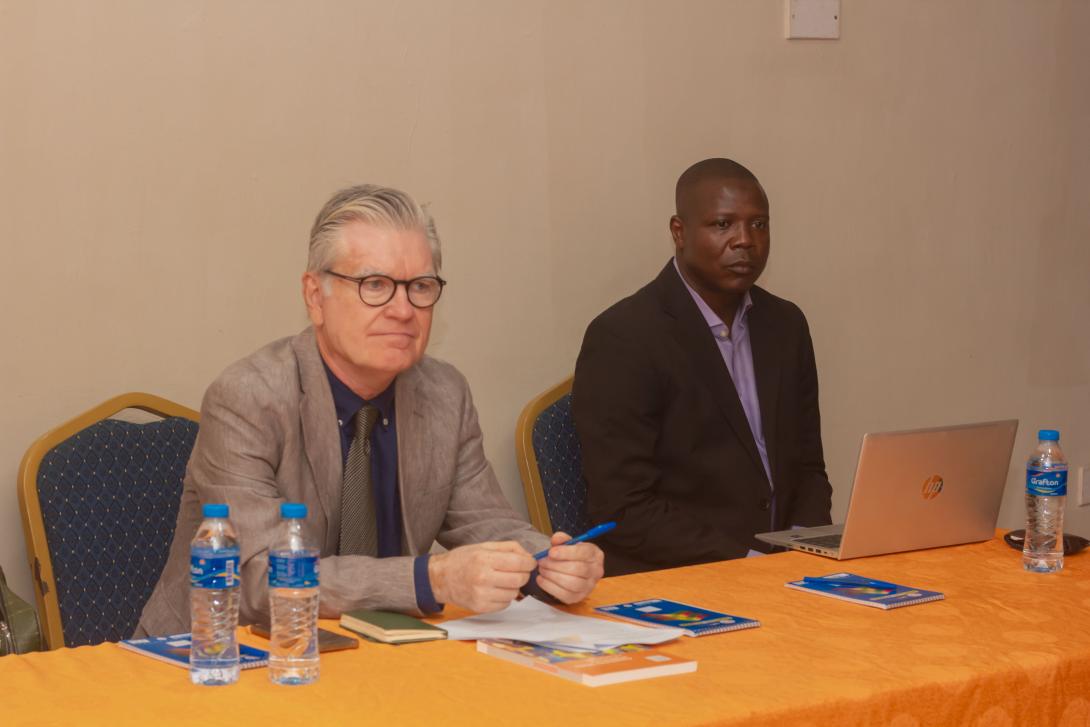
In his opening remarks, Dr. Idrissa Mamoud Tarawallie, the Head of Sierra Leone Country Programme at International IDEA, emphasized that the training is significant to the recommendations of the Tripartite Committee on electoral systems and processes reform, and that the study’s findings should contribute to democratic strengthening as envisaged by the Tripartite Committee.
“The essence of the EU’s investment in such a process is to promote democratic strengthening in Sierra Leone, a commitment which is consistent with International IDEA's mandate and vision,” he emphasized.
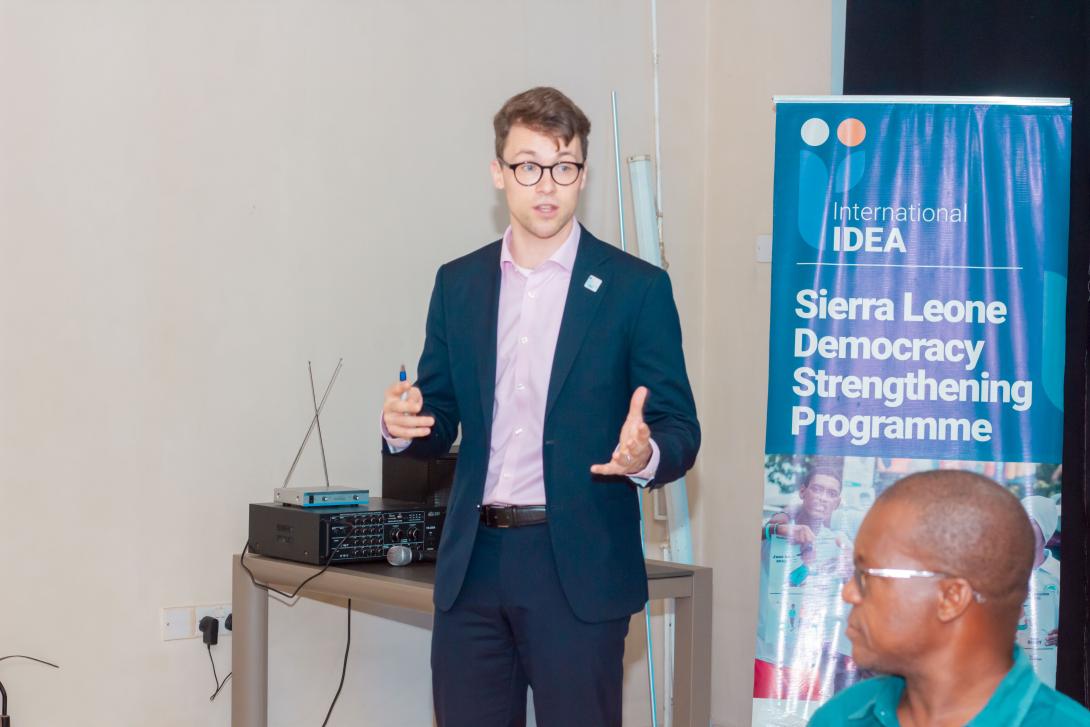
The Democracy Assessment (DA) adviser, Mr. David Towriss, led the training with support from his co-facilitator, Mr Binto Bali, the associate programme officer of the DA Unit. Mr Towriss said that the training will ensure data collectors drawn from IGR and NCD, the assessment technical subcommittee, are well equipped to implement the framework effectively, identify current challenges in the democratic landscape of Sierra Leone and take the necessary measures to address them.
Mr. Towriss’ remarks are in line with NCD’s mandate to “assess for the attention of government the limitations to the achievement of true democracy arising from the existing inequalities between different strata of the population and make recommendations for redressing those inequalities’’.
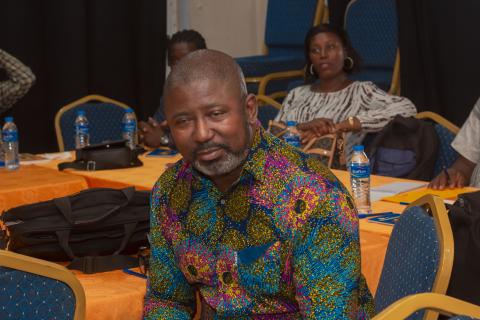
The Executive Director of IGR, Mr. Andrew Lavali, reaffirmed his organisation’s commitment to collecting credible data through the Afrobarometer parameters. He noted that enumerators must uphold sound ethical and moral standards.
Besides assessing the quality of democracy in Sierra Leone and identifying where it is strong and where it is weak, the training will ensure that stakeholders are equipped to recommend reform initiatives and contribute to public debate and awareness on the state of democracy from an evidence-based approach.
